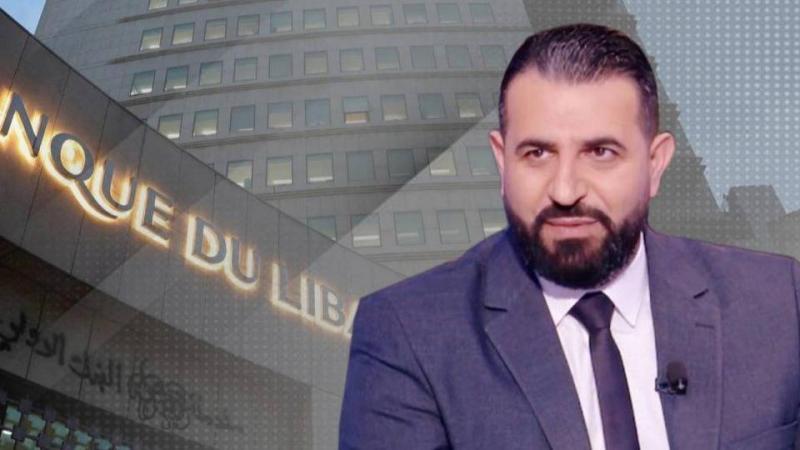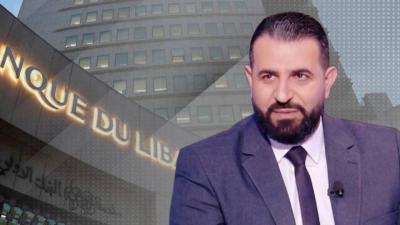After the "Sayrafa" platform stopped operating since late July, the Central Bank of Lebanon announced in a statement that "the exchange rate on the platform has become 89,500 Lebanese pounds for one dollar," noting that the platform's operations are limited to public sector employees' salaries. This announcement sparked widespread debate and raised questions about the rationale behind this move. What does economic expert Mahmoud Jba’i say about it?
In a special interview with "Wardna," Jba’i stated that "the Central Bank of Lebanon, since Wassim Mansouri took over as Acting Governor of the Central Bank, has decided to unify the exchange rate, especially in the black market, and the exchange rate that was based on the 'Sayrafa' platform." He pointed out that "the Central Bank refrained from this decision to prevent employees from losing any value in their salaries during the past period, especially after the country witnessed monetary stability since March, and the central bank managed to maintain this stability after August."
Jba’i explained that "the Central Bank is heading towards the idea of unifying the exchange rate following reports that salary increases for employees could reach three times, in addition to providing public administration employees with a productivity allowance, estimated at around 10,000 employees, translating into over 30 million pounds per employee per month."
According to this, Mansouri, as per Dr. Jba’i, believes that "the opportunity is ripe to unify the exchange rate and not to leave a monetary gap between the exchange rate in the black market," affirming that "salaries will remain in dollars but at an exchange rate of 89,500 for employees, especially after the anticipated increase of more than two thousand billion pounds monthly."
He noted that "the salary increases, based on some data, will occur either at the end of this month or next month, and the government and state should seize this opportunity to prepare for unifying the exchange rate (the official dollar rate is 15,000 pounds and the actual rate is 89,500 pounds)."
Jba’i added: "After studying this matter from all aspects, particularly the monetary aspects concerning depositors’ funds, banks' capital, and withdrawal rates... all of this will fall on the government's responsibility to control cash withdrawals to prevent the exchange rate from destabilizing if the bank dollar rate rises from 15,000 pounds to 89,500 pounds."
He considered that "this step is important for moving towards unifying the exchange rate, provided that it is followed by other calculated and beneficial measures for the economy."
Regarding the impact of this step on the currency and whether it would signal the beginning of a collapse in the dollar exchange rate, Jba’i stated: "Not at all; this step is natural, and the monetary mass (in pounds) is controlled in the country by the Central Bank in line with the Ministry of Finance, which attempts to withdraw from the market each month an amount valued at 20,000 billion pounds, representing tax and fee values, thereby assisting the central bank in maintaining the monetary mass between 57,000 and 60,000 billion pounds monthly."
He emphasized that "the controlled monetary mass leads to stability in the exchange rate since there is no possibility for speculation, and I believe there will be no collapse of the currency at all."
Concerning commodity prices, Jba’i remarked that "there is no need for them to rise, as prices are either dollarized or based on the exchange rate of 89,500 pounds; consequently, commodities will not be affected by the decision made."




